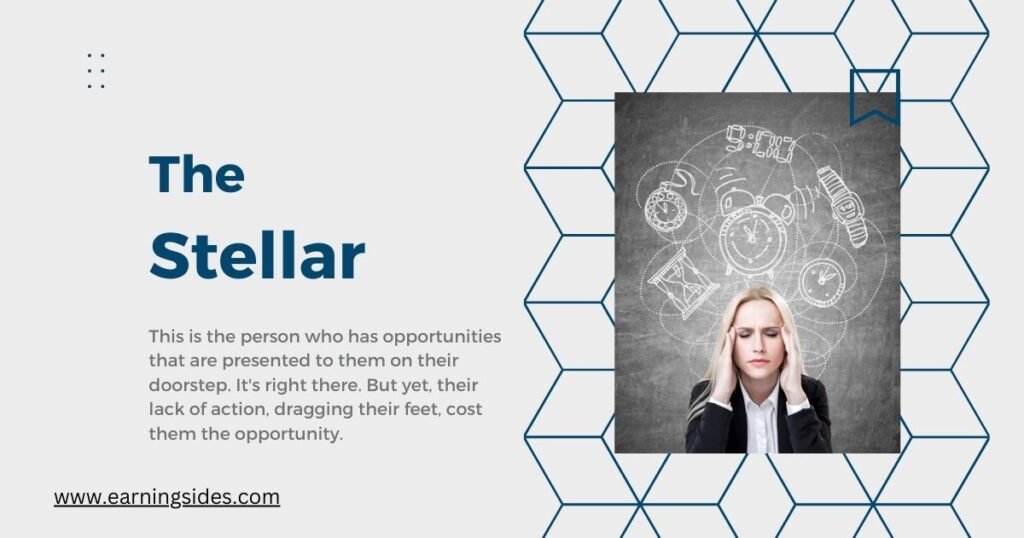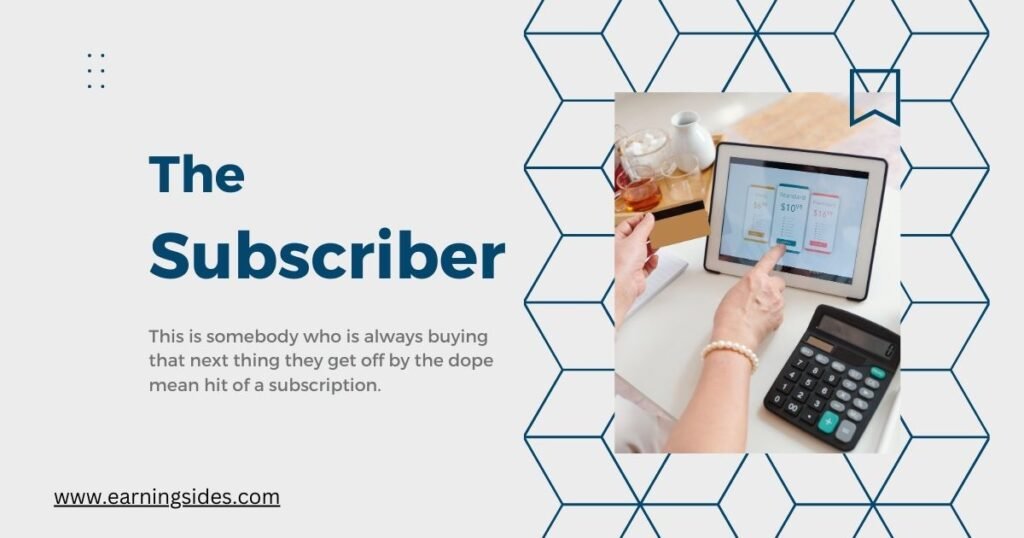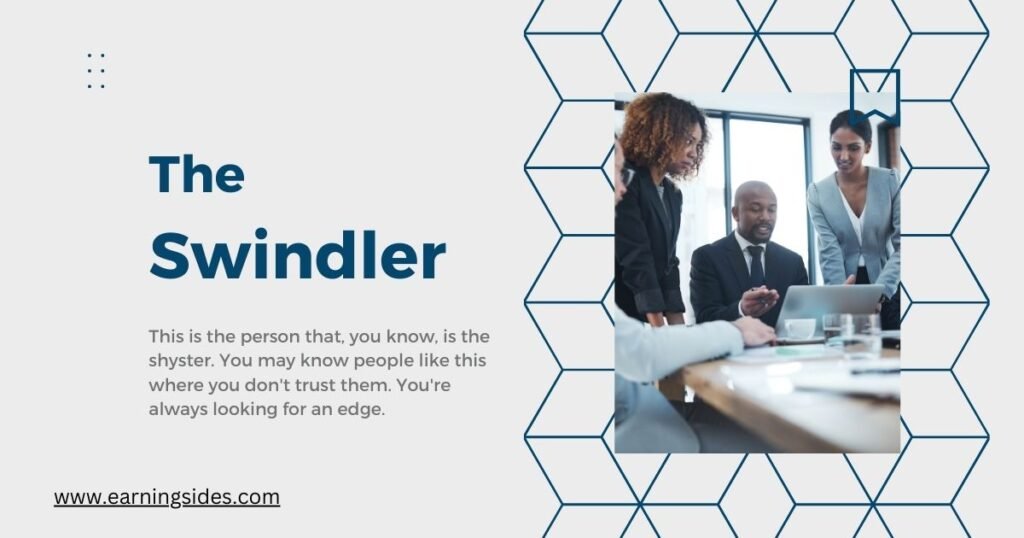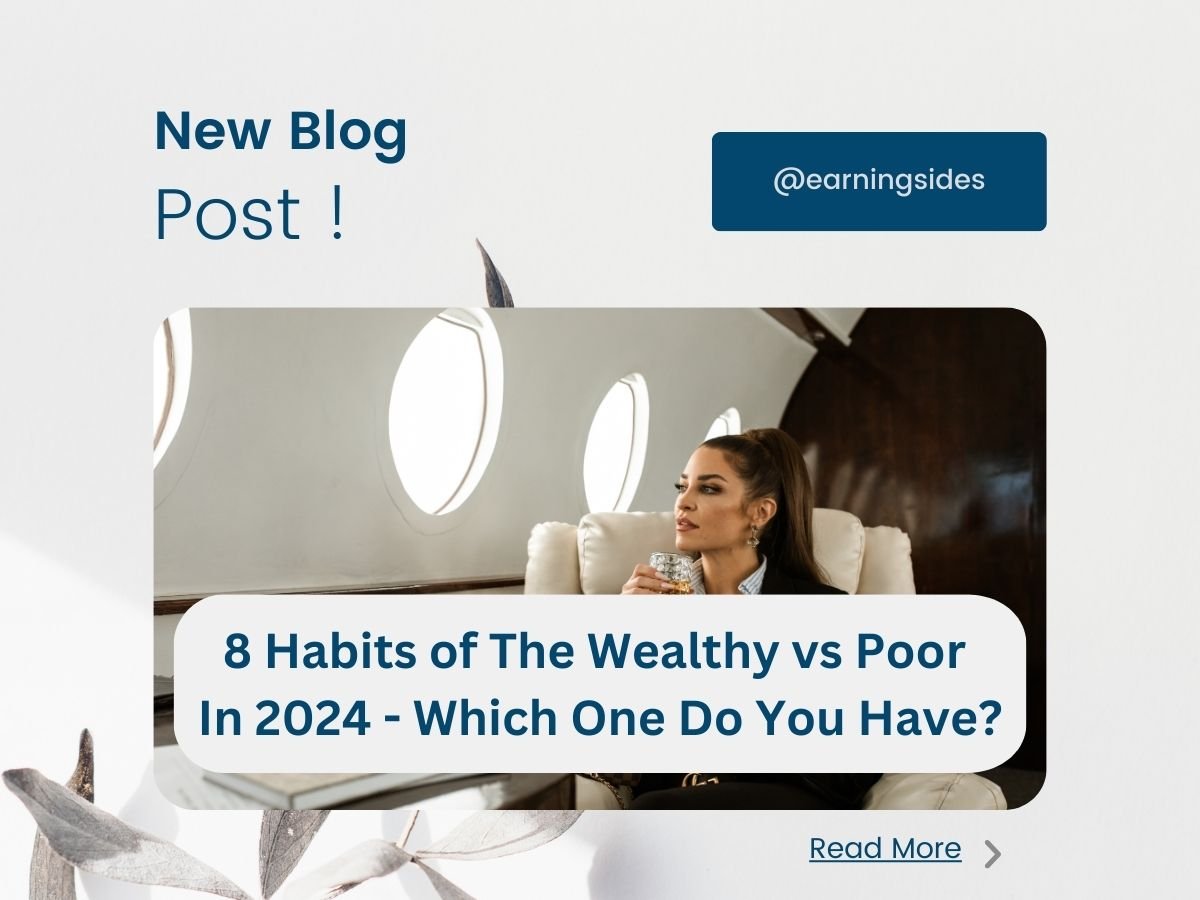Table of Contents
Introduction
What makes someone financially successful? Why are some people so wealthy while others struggle from paycheck to paycheck? Well, I had too much research on it. I had to ask myself this question and realized the only difference between the rich and the poor is our habits, and I was able to distill all the bad ones into these eight habits of the wealthy vs poor.
1- The Status Chaser
The first habit is the status chaser. This is the person who lives way above their means to impress people. I mean, the folks get out of university or get their first job and go by their life on credit. They get the furniture, the apartment, the BMW lease, all these things to impress other folks. The crazy part is they buy things they can’t afford and then press people. They don’t even like it. It’s the Joneses that talk crap about that person who will continuously cause themselves to stay poor because they never get ahead.
They’re okay with being in a deficit. They got a credit card when they were 12 and learned about consumer debt. It’s okay. It’s not that bad. I’m building my credit, yet they don’t realize they’re stuck in the right race. They’re stuck in the hamster wheel of consumer debt. That is designed to keep them poor if their habits and choices around that status chasing will always keep them poor.
2- The Staller
The second habit is the staller. This is the person who has opportunities that are presented to them on their doorstep. It’s right there. But yet, their lack of action, dragging their feet, cost them the opportunity. I once emailed one of my clients in my program, AHZ Academy, to ask them if they wanted to be partners and if they had an opportunity. It was very exclusive for them.

Their customers were my clients, and I emailed them and said, hey, here’s what I’m thinking of doing. Would you be interested in learning more about that email that stayed in their inbox for 20 days until they decided to reply? I had already moved on. I within like three days. I think I sent that email to three or four people and chose the person who moved forward.
That person made hundreds of thousands of dollars working with me, but most people don’t realize the habit that keeps them poor is the decision not to respond out of fear or concern. What if I’m not good enough? Well, I don’t have my ducks in a row. I have to prepare everything, and the delay costs them their future.
3- The Speed Demon
The third habit is the speed demon. This person moves way too quickly, too fast, under the assumption that they’ve got to be quick to take action quickly to make decisions, and it’s almost the opposite. I had a CEO once. His name was Charles, and watching him execute was funny because he needed a CMO. So he hired his cousin, who came in and didn’t do the work. Then, he fired him to hire his other friend, Darwin.
It was fascinating to watch. Here’s Charles, who knows better, and just because he’s trying to move quickly, he keeps hiring people just because they have their pulse, could fog a mirror, and just because they were available. Instead of asking themselves what would be true around a great CMO, what would be true about a great hire and doing the work to find that person? Don’t go slow; be impatient with action.
But at the end of the day, make the listen. What would be a great person to bring to your team as an example and move quickly? Speed demons can keep you poor by being too quick to jump the gun to say yes. Speed demons hurt their success because they always move on to the next opportunity instead of sticking through something.
The next opportunity is the lack of focus on learning to say no being okay. With FOMO, some speed demons are so concerned they’ll miss out on these opportunities that they’re always saying yes, that they’re essentially saying no to their future because the no is a yes, and a yes is a no.
4- The Supervisor
The fourth habit is the supervisor. This person hires spokes and ends up doing their job for them. I mean, when we hire people to work on our teams or bring people into our lives. It’s because we need to buy back our time. We need to get more space. I remember I had a friend of mine, Marty. He owned a bike shop, and I love Marty. I wanted to see him succeed. But I’ll tell you. Whenever I bought a bike from him, I got my stuff in to get tuned up.
It was continually delayed, and there were always issues. He believed he had to meet me at the front door, shake my hand, and acknowledge me because that made me decide to buy from Daryl’s bike shop. Here’s the deal. I cared more that my bike was delivered on time than the work was done on time. Then, if Marty met me at the door, the supervisor believed they were special because of their supervision.
I think it’s more harmful than helpful. We all wanted Marty to go into his office and run his company. So that our work was done on time, most people don’t realize that when you’re overly supervising people, you’re essentially telling them that you don’t trust them and you’re doing their work. So what do you do? You teach people how to treat you. So, if you’re jumping into your support email, if you’re jumping into responding to things for people.
If you’re taking over because somebody’s out at the bathroom break, you’re telling them that if they do that in the future, you’ll do that. So indirectly, you’ll get a place where you’re not getting any more time back. You’re not empowering anybody because you’re teaching them how to treat you by consistently showing up and caring for things when they’re not around.
5- The Subscriber
The fifth habit is the subscriber. This is somebody who is always buying that next thing they get off by the dope mean hit of a subscription. Hey, I need to watch the football game. Boom, gotta subscription, I need a new tool, boom, got a new subscription. It’s the same person who goes on these self-help journeys, where they go to seminars and buy courses and books. I call them shelf help because all they do is acquire these things, collect them, put them on the shelf, and never investigate what they could do to improve their lives.

They’re always trying to buy their way to happiness; in doing so, they are dead by a thousand subscriptions. Think about it: 51% of Americans say they have unwanted subscriptions. The most significant way to overcome that is by clearing out all the payments we’re getting. So this subscriber is the person that is buried, you know, by expenses, they don’t even realize they creep up. So the eight-dollar subscription here, the four-dollar subscription there, the 20 subscriptions there, and they think, well, I need these things for my life to work.
You have to make a list of them, clean them up, get them out, and stop being the person who keeps running to buy stuff, thinking that that next thing will be your life’s saviour. I think most people don’t realize that in purchasing things the subscription, you don’t realize that there is anxiety about just having objects. Most people create a lot of pain in their lives. Trying to move things around their light, my dad, when I was younger, had these bins where he collected stuff.
I watched him move bins from one shed to another several times a year, from the basement to the attic. He could not throw stuff away, and he could not cancel a subscription because he felt like he would miss out on something, but he spent more time and more frustration just managing and packaging and moving these bins than I’ve ever used and getting value from the things inside the bin.
6- The Saver
The sixth habit is the saver, and it’s the opposite of the subscriber because subscribers are always buying stuff to try to fix problems in their business but never have the time to use the thing they’re buying. The saver refuses to spend money to fix core problems unless they can 100% correlate a 10x ROI. The reason why the rich get richer is because they look for opportunities to invest. Poor people stay poor because they look for things to buy.
Frequently, the saver doesn’t realize that their desire to save money creates a habit of deciding not to spend money. So there they’re not investing in themselves or their business to grow. I remember one time I had a buddy reach out because he had heard that we built one of the most successful advertising organizations in the world and wanted to know how we did it at the time. I think they’re doing about two million in revenue.
They had a mastermind, and he would shut it down because he couldn’t figure out a way to do it where it was fun. So, I recommend it to a person. This guy I hired taught me the framework to show me how to do this. I thought it was unbelievable because I said, hey, here’s the guy. Do you want an intro? He asked me, well, how much does he cost? I don’t know. Honestly, I don’t remember.
It wasn’t that much because it was not jarring, but you have a two-million-dollar business a year. This is the guy who’s got the answer. Hire him. He’s like, well, is it 5K or 10K? I said, it’s probably around 10K, but it will solve your problem. It’ll never be an issue. And his response was, does he have a book? I don’t know if he has a book, but a $20 book is not your answer. You need to invest in the solution, not shut down.
This thing was probably doing $600,000 a year in profit form, and he would shut down a two-million dollar-a-year business with $600,000 in profit because he wasn’t willing to spend $10,000. The saver doesn’t realize that those decisions are the things that are keeping them from growing and not being poor.
7- The Self-Medicator
The seventh habit is the self-medicator, and I must be honest, I’m ashamed of this story I will share with you back in 2005. I was doing some work for Yale University, and back then, I was a drinker. Anytime I wanted to celebrate or let loose, I would go and have some drinks. While working on-site, I decided to have this beautiful meal at a sushi restaurant. You know, I’m consulting, I’ve got an expense account, and I’ll go and enjoy myself to the nth degree, you know, sake bomb things start flowing.
I made some friends, and suddenly, we went till the restaurant shut down the following day. I was so hungover. I was so sick that I called in, and I said that I got food poisoning. Everybody knew because I told everybody that before going to this sushi place. Unfortunately, everybody thought that restaurant made me sick, but the truth was, I had a hangover; I was still drunk. You know, I’ve been sober now for almost 13 years, but I share that story to let people know that.
Often, the thing that’s holding us back is our vices. It’s the drinking, the screen time, and the food. It’s the news and their addictions that compromise our time and get us to focus on negativity. Many people ask me, Arslan, what have you done to become successful? What I often tell them. It’s what I don’t do. I don’t go to buffets. I don’t drink. I don’t do drugs. I don’t gamble. I don’t watch porn. I don’t do all these things that I consider vices holding you back from becoming the best version of yourself.
A vice will stop you from winning because it will dull your senses. It’s going to pull you back from being in the moment. It will prevent you from having these creative moments when you go on a walk or a run. After you go to the gym with these ideas for expansion, you know you shouldn’t be doing these. So what happens is you slowly chip away at your confidence.
See, confidence is built by keeping commitments that you make to yourself in private, and if you know you have a drink and problem and can’t keep it under control, it will be tough to build that self-confidence. Build that courage to make those big moves to grow your future.
8- The Swindler
The eighth habit is the swindler. This is the person that, you know, is the shyster. You may know people like this where you don’t trust them. You’re always looking for an edge. You’re always taking advantage of people. If you’re participating in the various activities, you’re setting yourself up for failure. Here’s an example: I had a friend once who sold a couch for his roommate. After the deal, he decided to pocket 30% and give his roommate the rest. Now, he didn’t ask for that. He didn’t negotiate that upfront.
He just decided to keep it no big deal from him. He’s like, hey, I did this work, and I just kept this money. It’s the essence of who you are. I mean, it sounds subtle. But for example, I have friends who continually park in a spot. They know they’re going to get a ticket and get the ticket and say I’m never going to pay this. It’s the energy. If you think about what a swindler mentality is, You’re bringing negativity into your life. You’re taking advantage of other people.

You then get taken advantage of from a time point of view that takes up a lot of headspace where you’re always dealing and worrying. Essentially, the energy you put out to the world returns to you. You will frequently see your frequency in other situations, so people who act like swindlers essentially see swindles and everything they do, making them move slowly. I was in Miami the other day, and I ran into a new person that I knew of, but I had already heard from different people that he had, you know, a checkered past and wasn’t a good person to deal with.
Even though I had met them at the moment, they were super kind and cordial. I immediately once he gave me his cell number. I never entered it on my phone and didn’t follow up. I trust the feedback others give me; swindlers have no place in my life. If you have a bad reputation, it’s hard to do business. The problem is, you’ll never know. So your reputation is what people say when you’re not around, and if they’re saying, hey man, there’s something odd about this guy.
He’s a little crazy, he’s a little, I don’t know, a little shady. You’re shady. Make shades, or don’t be upset if nobody invites you to the excellent deal cause they don’t trust you. You want a good reputation for being the person who does what they say they will do. As always, above board, if you’re somebody who does shady things, or, you know, people, the world we live in today. It’s straightforward to back channel.
So if I interact with somebody on social media and see who follows them, I will message him and say, hey, do you know this person? I usually ask hey, what do you think of this person? Feel free to call me if need be, and if they go, let’s set up a call. I replied and said no. I said I could read into it what I want, we don’t need a phone call, and I keep my space. People who do shady things have no idea how much it hurts them because they never hear about it. But it’s always going on.
Embracing Prosperity: Choosing Your Path with the Habits of the Wealthy vs Poor in 2024
As we stand at the crossroads of prosperity and stagnation in 2024, the habits of the wealthy vs. the poor become a beacon guiding us toward financial enlightenment. Reading this article has illuminated the stark contrasts between the daily practices of the affluent and the less fortunate. It’s not just about the balance in one’s bank account but the mindset and actions that forge the path to wealth or poverty.
We’ve learned that the wealthy are not just beneficiaries of good fortune; they are architects of their destiny. Their habits—continuous learning, calculated risk-taking, networking, and disciplined financial planning—are not secrets but choices available to all. They invest in assets, not liabilities; they seek mentorship and growth, not comfort and complacency.
In contrast, people experiencing poverty often fall prey to short-term gratification, neglecting the power of long-term planning. Their habits—excessive consumption, avoidance of risk, and a lack of financial literacy—act as chains that bind them to a cycle of scarcity.
As we conclude, ask yourself: Which habits do you embody? Are they leading you towards a future of abundance, or are they anchoring you to financial insecurity? 2024 is not just a measure of time; it’s a canvas of opportunity. The habits you cultivate now will paint the picture of your life in the future.
Embrace the habits that align with prosperity. Let the Habits of the Wealthy vs Poor in 2024 be a comparison and a crossroad where you turn towards wealth and success. Your actions today will define your tomorrow. Choose wisely, act boldly, and step into the future as a creator of wealth, not a witness of circumstance.
By the way, If you haven’t checked it out already, I wrote an article that went viral, and it’s called “Triumph: How I Made My First Million Dollars Online (2024).” You can check that article by clicking here.











1 thought on “8 Habits of The Wealthy vs Poor In 2024 – Which One Do You Have?”